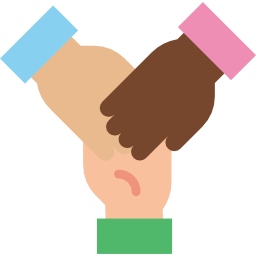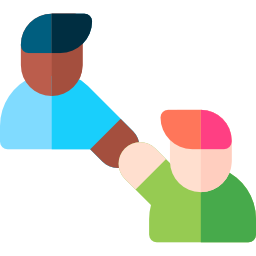< Back to Unit Overview
Understanding Others
Understanding others is at the heart of promoting intercultural education, which is facilitated by processes related to personal leadership, communication and collaboration. This unit, therefore, focuses on specific techniques to enhance key elements of communication between people and how to apply yourself as a leader to create positive development with the environments and people you work with interact.
The goal here is not only for physical education teachers and coaches to understand others, but to give them the tools to create environments that promote and foster mutual understanding.



